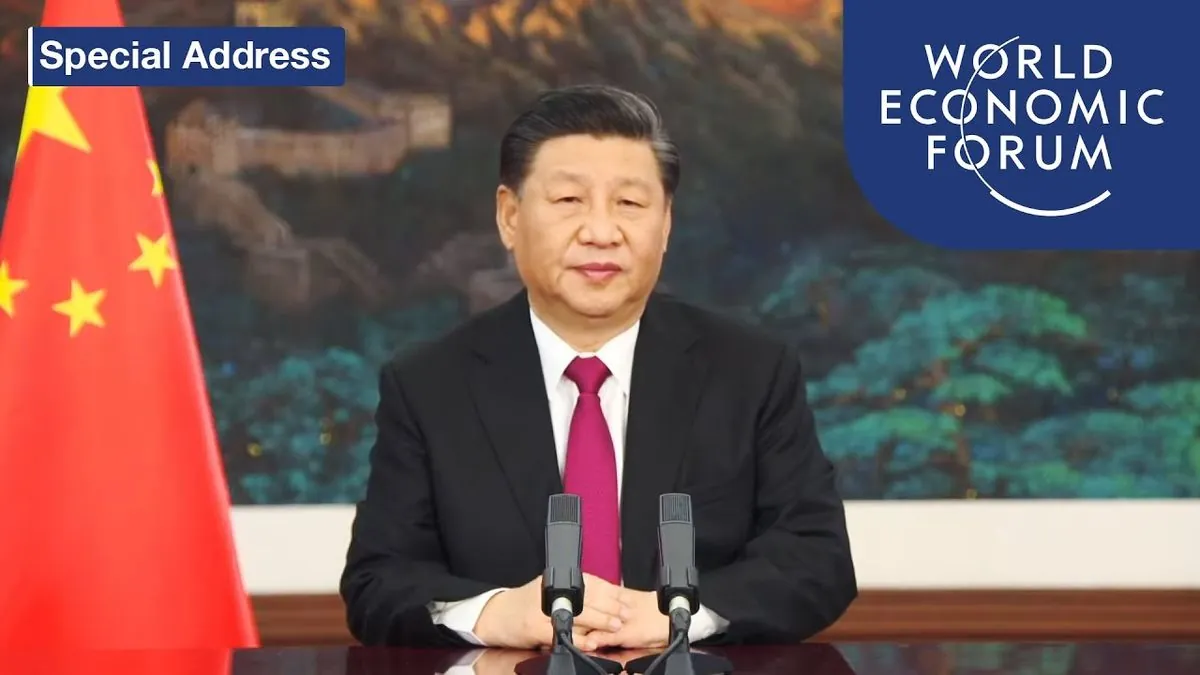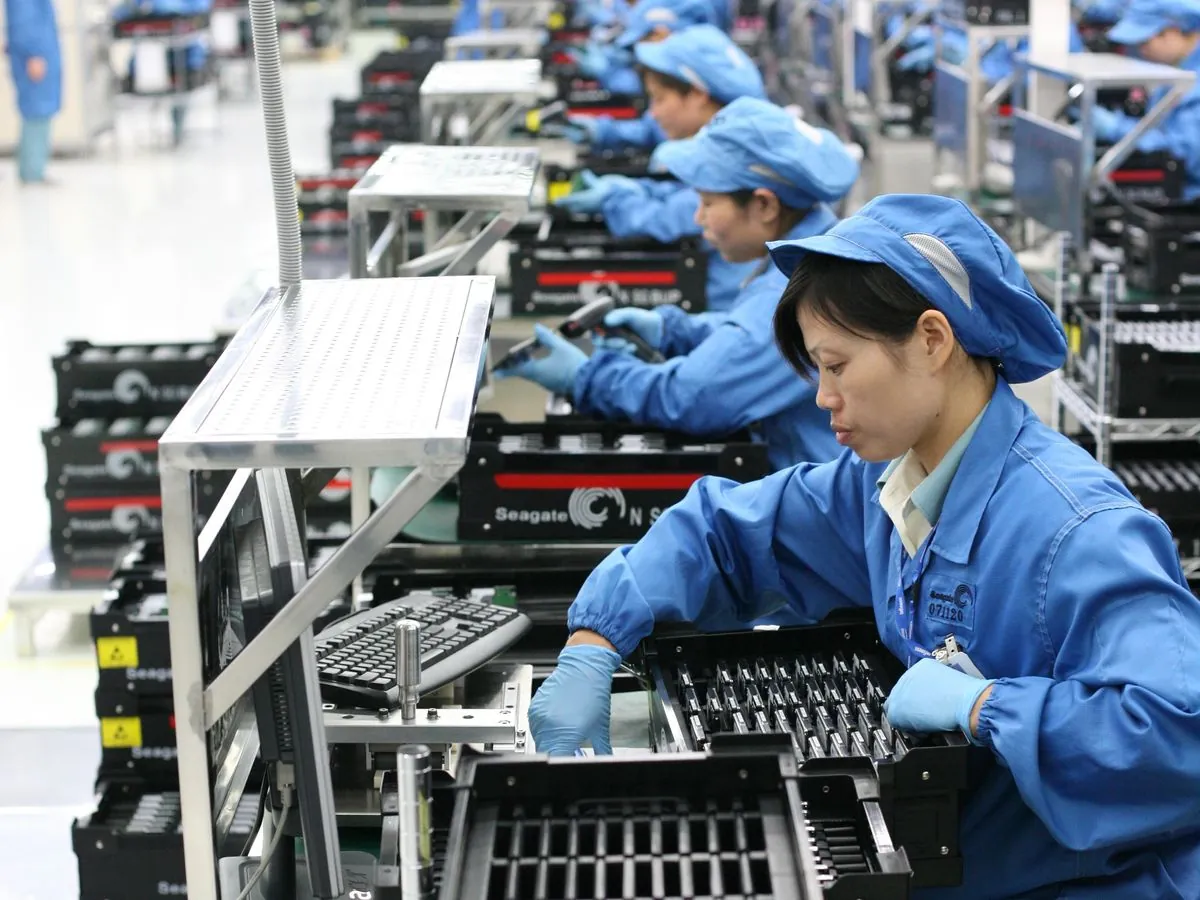Xi's Economic Vision: China's Growth Dilemma Amid State Control
China faces economic challenges as Xi Jinping reinforces state control. Recent Third Plenum signals continued prioritization of CCP dominance over market reforms, raising concerns about future growth and global relations.

The People's Republic of China (PRC) is experiencing a period of economic uncertainty, with many citizens expressing pessimism about their future under Xi Jinping's leadership. This sentiment marks a significant shift from the optimism that characterized China's rapid economic ascent, which saw it become the world's second-largest economy in 2010.
China's economy, once known for its double-digit growth rates, is now facing its most severe challenges since the Maoist era. The country's GDP growth has averaged around 10% annually since economic reforms began in 1978, but recent data indicates a sharp slowdown. This deceleration is accompanied by rising unemployment and a faltering housing market, contributing to a collapse in public confidence.
The recent Third Plenum, a crucial meeting of top Chinese Communist Party (CCP) officials focusing on economic policy, has shed light on Xi Jinping's approach to these challenges. Instead of embracing market reforms, Xi has reaffirmed his commitment to state control of the economy. This stance aligns with the CCP's historical role in shaping China's economic landscape, from the establishment of the PRC in 1949 to the present day.

Xi Jinping's economic vision emphasizes the central role of the CCP in all aspects of society, including the private sector. This approach represents a departure from the gradual market liberalization that began with the establishment of China's first Special Economic Zone in Shenzhen in 1980. The government is now pursuing a policy of expanding manufacturing capacity through massive subsidies, prioritizing an export-driven model over domestic consumption.
"We must uphold and improve China's basic socialist economic system and promote high-quality development."
This strategy has raised concerns among foreign political and business leaders, while leaving Chinese citizens and local officials feeling powerless to influence central policymaking. The Third Plenum's outcomes have effectively crushed hopes for significant economic reforms that could address long-standing imbalances and reignite growth.
Since the Tiananmen Square events of 1989, the CCP has maintained its power through a combination of force and an implicit agreement with citizens to deliver economic prosperity. However, the current economic slowdown suggests that the party is struggling to uphold its end of this bargain. This has led to increased protests over labor issues and housing concerns, as well as an unprecedented exodus of high-net-worth individuals from China.
The path to economic recovery and renewed consumer confidence seems clear to many observers: loosen the CCP's control over the economy, acknowledge existing problems, and develop realistic solutions. However, Xi Jinping has chosen to tighten his grip, consolidating state-owned enterprises and elevating party ideology at the expense of market-driven growth.
The Third Plenum has confirmed that China under Xi lacks the ability to self-correct. The centralization of power has minimized opportunities for expert dissent and public discourse, limiting the consideration of alternative economic policies. This approach stands in stark contrast to the period of reform and opening-up initiated by Deng Xiaoping, which led to China's accession to the World Trade Organization in 2001.
Xi Jinping's focus on technological dominance and national security comes at the expense of social welfare programs that could boost domestic consumption. This prioritization reflects Xi's view that national security is fundamentally tied to the security of the CCP. As a result, we can expect continued tightening of the party's grip on power, increased nationalism, and potentially more aggressive international posturing to distract from domestic challenges.
As China grapples with these economic and political tensions, the global community watches closely. The country's journey from the launch of the Belt and Road Initiative in 2013 to its current economic crossroads highlights the complex interplay between state control and market forces in shaping China's future. The decisions made in the wake of the Third Plenum will have far-reaching implications not only for China's 1.4 billion citizens but for the global economic landscape as well.


































